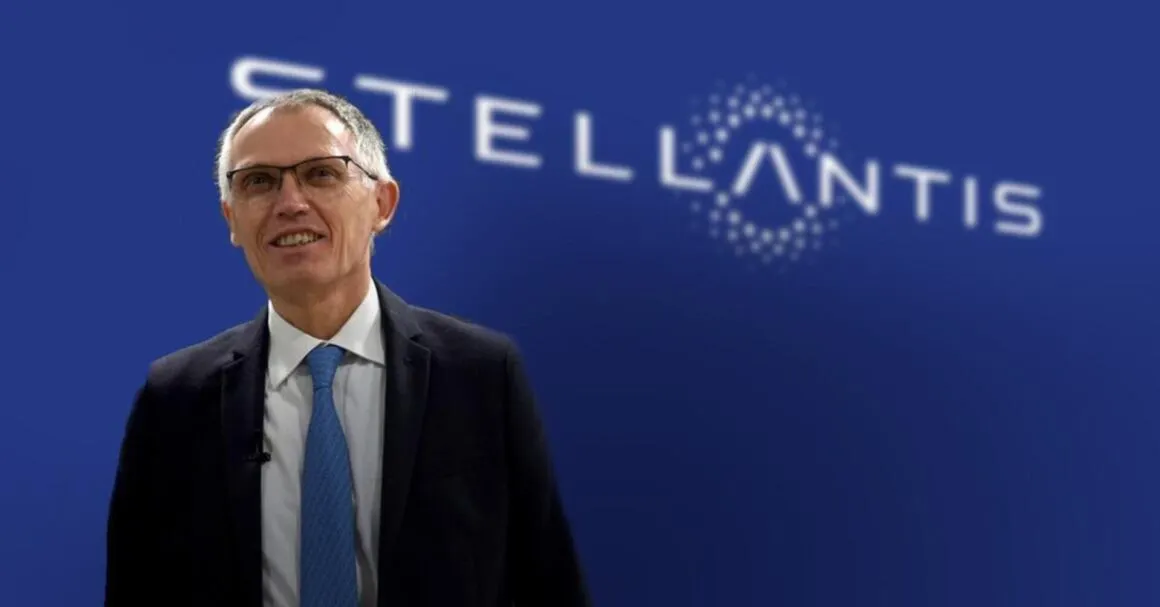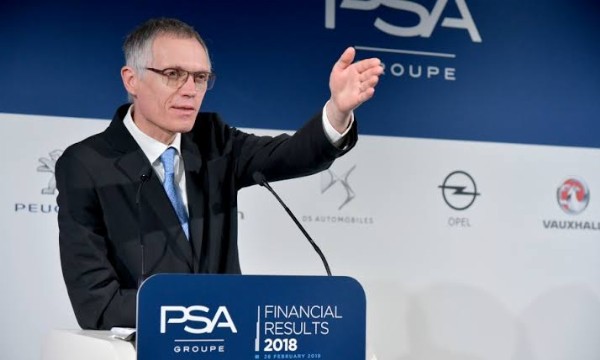In his latest remarks, Stellantis CEO Carlos Tavares has once again expressed skepticism towards the widespread adoption of electric vehicles (EVs), stating that they are not a universal solution.
Tavares critiques the prevailing notion pushed by governments that EVs are the sole answer to global transportation challenges, emphasizing the need to move away from dogmatic thinking. He suggests that while EVs may suit “some societies,” they are not universally applicable across all regions.
One major concern highlighted by Tavares is the scarcity of raw materials necessary for manufacturing EV batteries. He argues that the current requirement of 500 kg of raw materials per battery pack is environmentally unsustainable.

Tavares advocates for innovative solutions aimed at significantly reducing the weight and quantity of raw materials needed, suggesting a target of at least 50% reduction to make EVs more viable from an environmental perspective.
Support for Tavares’ stance comes from Roberto Schaeffer, a professor of energy economics at the University of Rio de Janeiro. Schaeffer, also a participant in the Freedom of Mobility Forum, echoes Tavares’ concerns, particularly emphasizing challenges related to access to stable power grids in countries like Brazil. Additionally, Schaeffer points out the anticipated affordability issues associated with electric driving, foreseeing that many people may not be able to afford it in the coming decades.
Tavares has previously criticized the European Union’s regulatory approach to electric driving, arguing that stringent standards make cars less attractive and expose the European car industry to competition from Chinese manufacturers. He suggests that such policies hinder innovation and economic competitiveness.
Tavares’ stance reflects broader debates within the automotive industry regarding the feasibility and sustainability of widespread EV adoption, highlighting the complexities and challenges involved in transitioning towards electric mobility on a global scale.

